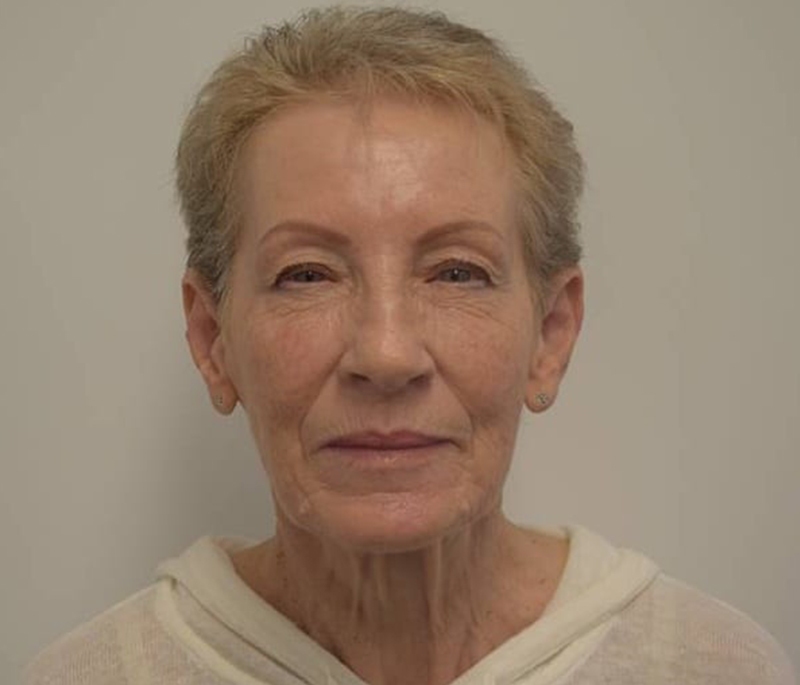Understanding Blepharoplasty
What is Blepharoplasty Surgery?
Blepharoplasty, also referred to as eyelid surgery, is a specialised procedure designed to remove or tighten excess skin around the upper or lower eyelids. The accumulation of excess skin in this area can lead to a heavy or aged appearance and, in severe cases, may even obstruct vision.
Who is a Candidate for Eyelid Surgery?
Individuals who are troubled by excess skin and fat around their eyes may consider blepharoplasty to improve both aesthetic concerns and functional issues related to vision; this procedure can involve both upper and lower eyelid blepharoplasty. Candidates for upper blepharoplasty typically seek to remove excess skin and fat to enhance vision and rejuvenate their appearance. On the other hand, lower eyelid surgery is suitable for those with misshapen lower eyelids caused by excess skin and wrinkles.
Minimising Scarring
To minimise scarring, precise incisions are made during eyelid surgery (blepharoplasty). For upper eyelid surgery, incisions are typically hidden within the natural crease of the eyelid. Lower eyelid surgery is usually performed with the scar under the lash line. Additionally, post-operative care, including the application of cold compresses, aids in reducing swelling and bruising, further minimising visible scarring.
Risks and Considerations
Potential Risks
While eyelid surgery is generally safe and well-practised, like any surgical procedure, it carries inherent risks. These may include infection, bleeding, scarring, and vision-related issues. It’s essential to discuss all potential risks and complications with your surgeon during preoperative consultations.
Consultation and Preoperative Preparation
Preoperative consultations are crucial for discussing potential risks and preparing for the surgery and recovery process. Patients will receive comprehensive instructions on pre-operative preparations, including discontinuing certain medications and supplements, as well as post-operative care routines to aid in healing and minimise discomfort.
Recovery and Aftercare
Post-Surgery Care
Following surgery, patients will be provided with detailed post-operative care instructions. This includes cleaning sutures, administering eye drops, and applying ointment to soothe and cleanse the eyes. While most patients report feeling nearly back to normal after 2-3 days, swelling and bruising may persist for up to a week or longer.
Final Results and Follow-Up
Final results of eyelid surgery are typically visible within 1-2 months post-surgery. Patients are encouraged to follow up with their surgeon for evaluation and to address any concerns during the recovery period. Additionally, restrictions on activities such as heavy lifting and strenuous exercise may be advised during the initial recovery phase.
Consultation and Pricing
Booking a Consultation
In line with new guidelines, patients considering eyelid surgery are required to provide a GP referral and attend two consultations, including a face-to-face meeting, before the procedure. During these consultations, potential risks, benefits, and costs of the surgery will be discussed in detail, including whether the surgery may qualify for Medicare or private health insurance coverage.
Cost and Pricing
The cost of eyelid surgery varies depending on individual cases, including surgeon’s fees, pre- and postoperative care, anaesthetic and theatre fees, and potential insurance coverage. Indicative pricing will be discussed during the initial consultation, with considerations for potential coverage by private health insurance for medically necessary procedures.
Combined Procedures and Ancillary Treatments
Blepharoplasty can be combined with other cosmetic procedures such as facelifts, neck lifts, brow lifts, and laser resurfacing to address other areas of the face. It’s important to discuss all desired procedures and treatment options with your surgeon during consultations to develop a personalised treatment plan that may include eyelid reduction or blepharoplasty.
Limitations of Eyelid Surgery
While eyelid surgery can address concerns related to drooping upper lids and under-eye bags, it’s essential to note its limitations. Blepharoplasty will not lift sagging eyebrows or remove other facial wrinkles, such as crow’s feet, or dark circles under the eyes. Patients should have realistic expectations and understand the potential outcomes of the procedure, recognising that surgery may not address all cosmetic concerns.
Why Choose The Lotus Institute
The Lotus Institute stands out for its specialist plastic surgeons, commitment to personalised care, state-of-the-art facilities, and focus on natural-looking results. With comprehensive consultations and compassionate support, we guide patients through their surgical journey with excellence and trust.
Enquire about our Facial Procedures today
Book your consultationBefore and After Photos
Prospective patients are encouraged to view before-and-after photos of eyelid surgery to gain insight into potential results and outcomes. These photos provide a visual representation of the transformation achieved through blepharoplasty and can help patients make informed decisions about their aesthetic journey.

Patient 1: Before

Patient 1: After

Patient 2: Before

Patient 2: After


